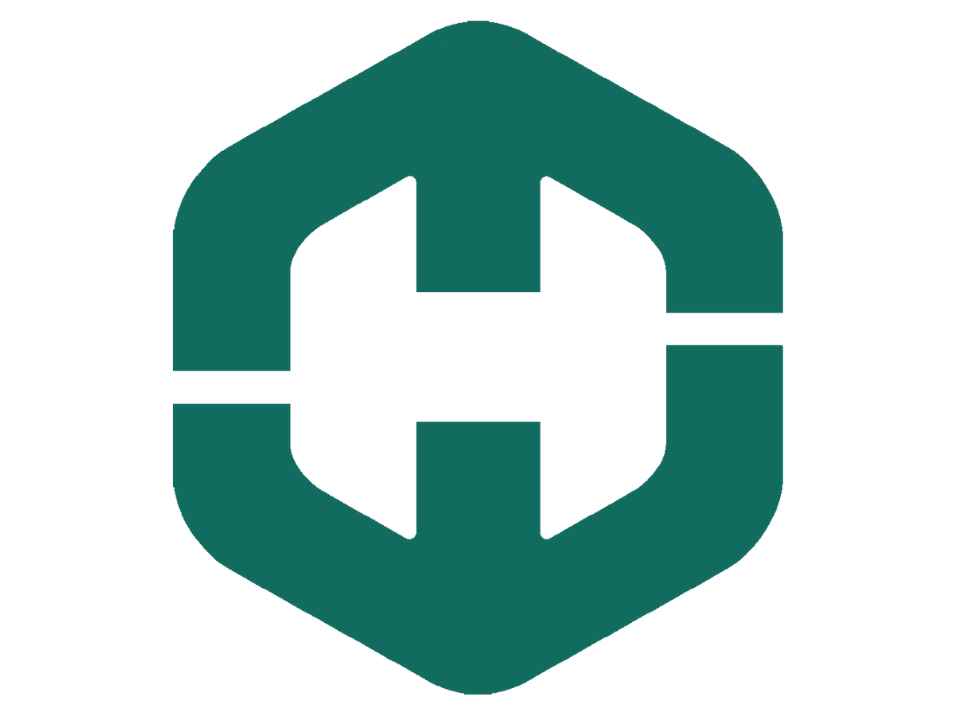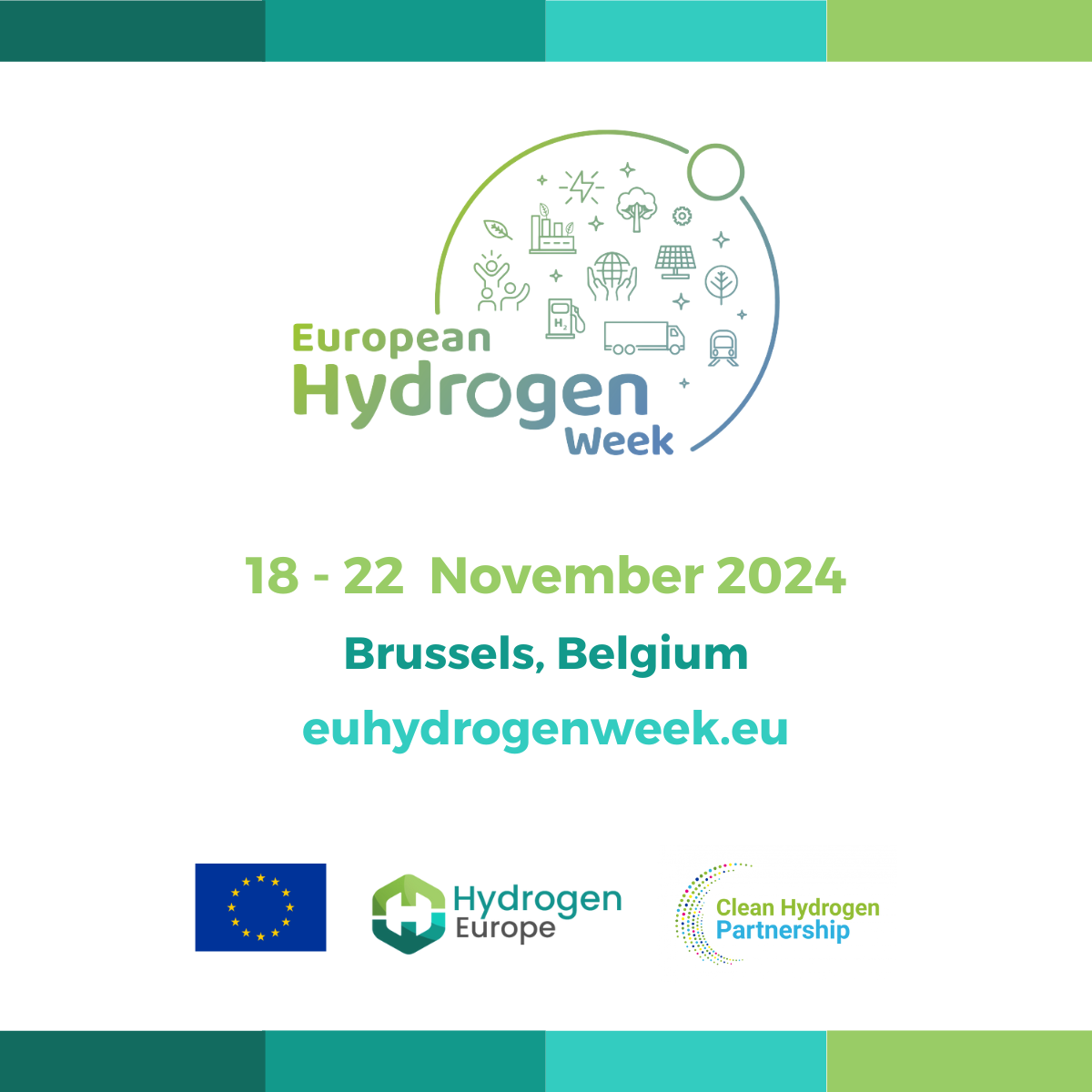
Critical Raw Materials Act to unlock green revolution
16 March 2023
First pillars raised for green industrial plan
16 March 2023Today marks a major step forward for the growth of the hydrogen manufacturing sector, with the publication of the European Net-Zero Industry Act (NZIA).
The NZIA will represent one of the cornerstones of the Green Deal Industrial Plan, the European industry masterplan for the deployment and manufacturing of clean techs. Hydrogen, with its wide range of applications and decarbonisation potential, is included in the legislation as a strategic technology to address the current challenges exacerbated by the energy crisis, supply chain disruptions, and fierce international competition from both the US and Asia.
The Commission, through the NZIA, aims to speed up permitting processes for manufacturing projects in Member States, through a slimmer governance system and the granting of special statuses to clean tech projects (e.g., Net-Zero Resilience Projects). Furthermore, it will act as a catalyser for investments and public money for clean technologies.
Below, the main points concerning hydrogen technologies (electrolysers and fuel cells), which are considered of strategic importance along with other clean technologies. The full list contains electricity and heating storage technologies, heat pumps, grid technologies, renewable fuels of nonbiological origin technologies, sustainable alternative fuels technologies, advanced technologies to produce energy from nuclear processes with minimal waste from the fuel cycle, small modular reactors, and related best-in-class fuels, carbon capture, utilisation, and storage technologies, and energy-system related energy efficiency technologies.
The proposal, in detail:
- Electrolysers and fuel cells are in full scope of the regulation, upgrading them to strategic technologies for reaching 55% reduction of emissions by 2030 compared to a 1990 indicator, and the net-zero target to 2050. The Technology Readiness Level (TRL) for the clean techs in the scope of the Regulation should be 8 or higher.
- The Commission wants to ensure that, by 2030, at least 40% of EU annual deployment needs for clean technologies – according to Union’s 2030 climate and energy targets – should be established in the Union.
- Upstream components of electrolysers and fuel cells are included within the regulation; it does not happen the same for CRMs, processed materials and components listed in the Critical Raw Materials Act, also adopted today;
- The granting of Net-Zero Strategic Project status. This status can be granted to those projects that contribute to an increase of production capacity of components or parts related to strategic technologies for which the EU heavily depends on imports, or to projects that provide a systemic benefit towards EU competitiveness, with spill-over effects on manufacturing capacity, sustainability performances, skilling and reskilling, and low-carbon and circular manufacturing capacities.
- Clean manufacturing projects in Europe’s less developed and transition regions and Just Transition Fund Territories can be considered of strategic importance, upon request from project promoters; the same status can be granted to projects awarded by EU ETS Innovation Fund, Important Projects of Common European Interest (IPCEIs), Hydrogen Valleys and Hydrogen Bank (if the received support was Capex only).
- Streamlined permitting processes for clean tech manufacturing projects. Permitting procedures cannot exceed 12 or 18 months, respectively when manufacture output is below or beyond 1GW. In the case of Net-Zero Resilience Projects, they will benefit of speeder procedures, but not exceeding 9 or 12 months respectively, according to their output (as above). For projects with no GW capacity, permitting process shall not exceed 12 or 18 months, respectively if strategic or not. Permits to operate a storage site would also fall in the scope of the Regulation, thus benefitting of streamlined permitting procedures as well (18 months). If a project covers only the expansion of production capacity of existing manufacturing facilities, the time limits proposed above are halved.
- Environmental assessments must still be carried out according to the relevant EU legislation. The project promoter can request an opinion from the national competent authority.
- The establishment of Net-Zero Academies, to provide skilling and reskilling of workforce for the clean transition throughout Europe.
- The introduction of Net-Zero regulatory sandboxes, to test innovative net-zero technologies in a controlled environment for a limited amount of time. These will generate exceptional and temporary regulatory regimes allowing for the development, testing and validation of innovative, net-zero technologies before their placement on the market or putting into service.
- Member states should be able to set one-stop-shops for assessing the various projects’ applications and releasing Strategic statuses, within 3 months after the approval of the Regulation. In case of a project raises exceptional risks for the health and safety of workers or of the general population, and where additional time is necessary to establish that adequate safeguards are put in place, one-stop-shops may extend the time limits listed above by a further 6 months.
- Introduction of sustainable public procurement procedures, where contracting authorities or contracting entities shall base the award of contracts upon four main criteria: major environmental sustainability; impact assessment of the new technologies (including risk management); the tender’s contribution to the energy system integration; and the tender’s contribution to EU supply chain resilience.
- The overall process will be managed by the Net-Zero Europe Platform, a joint board composed of representatives from Members States and the Commission. Among the main tasks, one can find: coordination of Member States actions, advisory services to companies and national authorities, identification of financial needs, monitoring skills requirements in Europe for the clean sector and the general outlook of the manufacturing targets within the Regulation.
The Net-Zero Industry Act published today, jointly with the Critical Raw Materials Act, are complementary pieces of legislation for the ramp up of hydrogen technology under the Green Deal Industrial Plan announced in February. The NZIA alone will set the basis for permitting procedures and manufacturing ambitions for clean tech in Europe by 2030 and hydrogen is expected to play a pivotal role. The legislative dossier now will be submitted to the co-legislators of the European Parliament and the Council of the EU, to be scrutinised according to the ordinary legislative procedure of the EU.
When it comes to high priority policy files, usually the timespan for approval and publication is minimum one year. The European hydrogen industry hopes that the NZIA file, as of strategic importance for the ramp-up of the electrolyser and fuels cells sectors, will not encounter significant obstacles or delays for its approval from the co-legislators.



